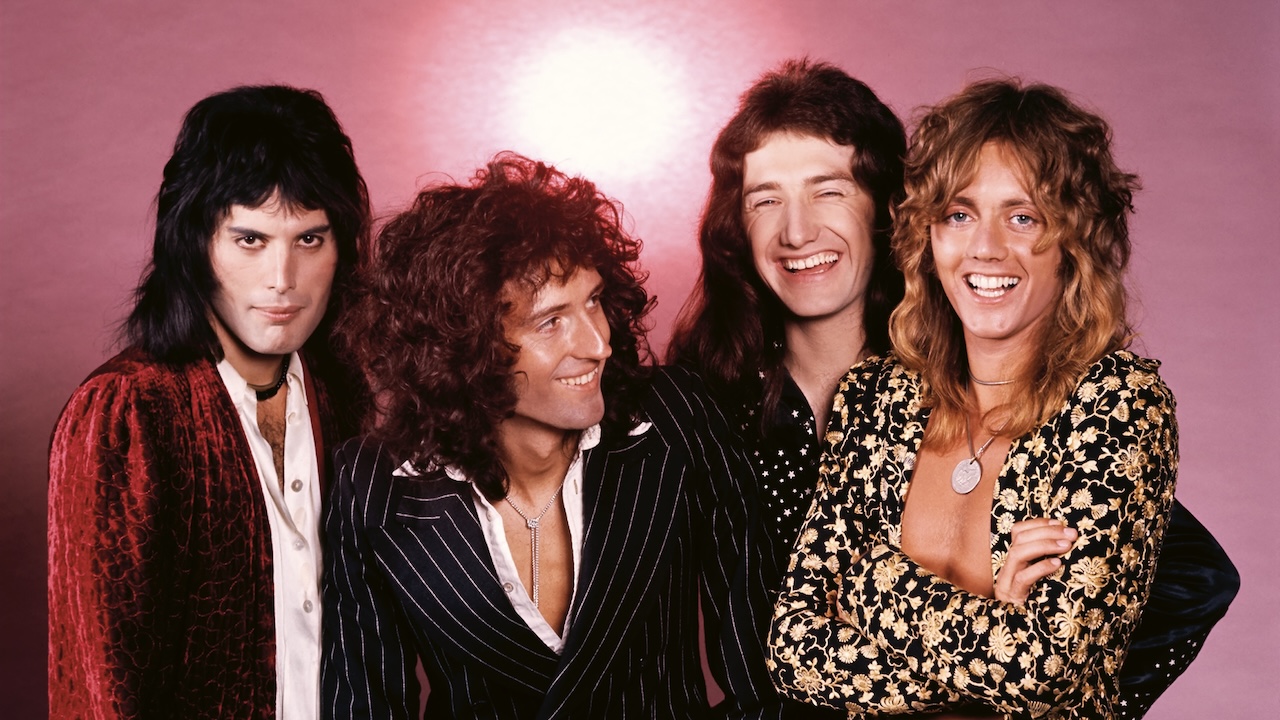You can trust Louder
Günter Schickert never quite aligned himself with any particular strain of German music in the late 60s, preferring instead to pursue the echo guitar.
His two rare 70 solo albums are full of them. Schickert prides himself on the fact that he’s never bothered with synths or sequencers, something he’s now extended to Ziguri, the trio he founded with bassist Udo Erdenreich and drummer Dieter Kölsch in the late 80s. Oddly enough, despite being active for a full decade before they split in 1997 (they reformed three years ago), this self-titled effort marks their studio debut. Dirk Dresselhaus, aka Schneider TM., takes the producer’s chair as the threesome play through a trance-like set of songs whose manic intensity is matched only by a commendable degree of control. Erdenreich and Kölsch lay down hard rhythms over which Schickert does his echo-driven thing. As you might expect, given the fact that the band named themselves after a Mexican peyote plant, it’s a pretty trippy affair, peppered with strange intonations and excerpts from Thomas Pynchon. The trouble is it often gets too repetitive for its own good, opting to lock into a specific groove rather than truly fly. RH ** **
Sign up below to get the latest from Prog, plus exclusive special offers, direct to your inbox!
Freelance writer for Classic Rock since 2008, and sister title Prog since its inception in 2009. Regular contributor to Uncut magazine for over 20 years. Other clients include Word magazine, Record Collector, The Guardian, Sunday Times, The Telegraph and When Saturday Comes. Alongside Marc Riley, co-presenter of long-running A-Z Of David Bowie podcast. Also appears twice a week on Riley’s BBC6 radio show, rifling through old copies of the NME and Melody Maker in the Parallel Universe slot. Designed Aston Villa’s kit during a previous life as a sportswear designer. Geezer Butler told him he loved the all-black away strip.


